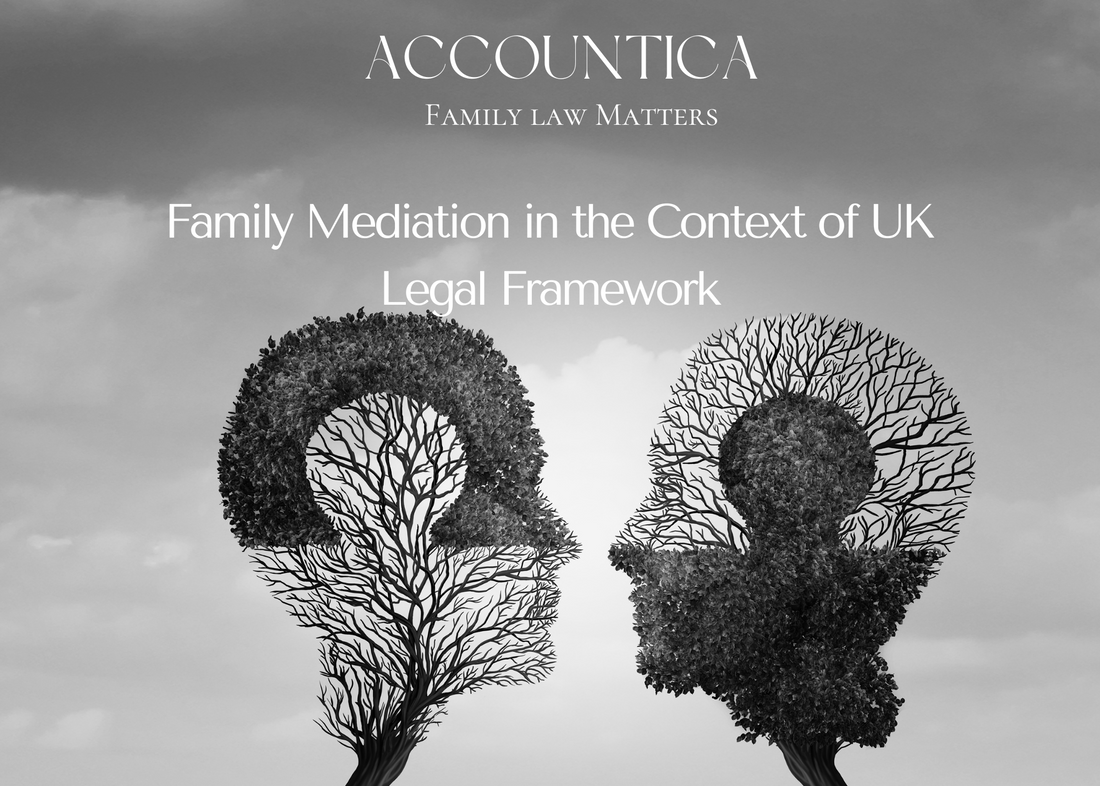Family mediation represents a pragmatic approach for resolving disputes that arise during separation or divorce, aiming to circumvent the substantial legal expenses and protracted litigation typically associated with court proceedings.
Advisory Guidelines on Communication within Family Mediation:
In the context of family mediation, certain expressions and demeanours are considered detrimental. It is advised to eschew such behaviours both during the mediation process and in domestic settings. Conversely, adopting constructive behaviours is encouraged. Prioritise listening attentively to both the mediator and your counterpart before responding. Key recommendations include:
- Prioritise solutions over dwelling on conflicts.
- Manifest a readiness to collaborate on parenting and foster a nurturing environment.
- Request clarifications instead of basing actions on assumptions.
- Be amenable to compromise and seek mutual concessions.
- Consistently place the welfare of your child at the forefront of considerations.
Advisory Guidelines on Prohibited Communications in Child Arrangements Mediation:
In the specific context of child arrangements mediation, it is imperative to avoid:
- Derogatory remarks concerning the other parent.
- Accusations that place sole blame on the other parent.
- The use of profane or emotionally laden language.
- Addressing adult-centric issues in the presence of the child.
Child arrangements mediation represents a critical and sensitive undertaking due to the significant implications involved. Maintaining decorum and professionalism throughout is essential for enhancing the likelihood of obtaining favourable outcomes.
The manner in which one communicates and conducts oneself during mediation can profoundly influence the final resolution, underscoring the importance of prioritising the child's well-being in all discussions and decisions.
According to existing regulations, an individual seeking a Court Order must participate in a Mediation Information and Assessment Meeting (referred to as a 'MIAM') prior to making an application, unless they qualify for specific exceptions. However, there is no obligation to continue with mediation following that initial session.

